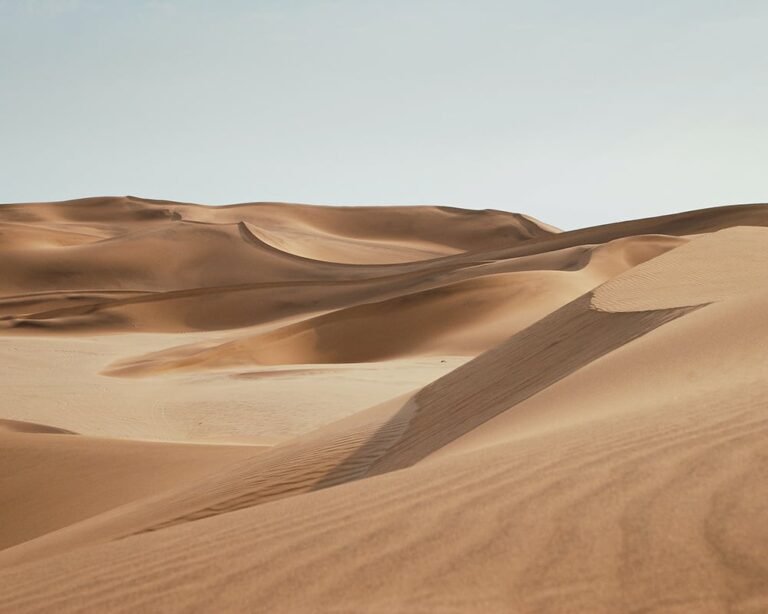dormir sur ses deux oreilles
“dormir sur ses deux oreilles” is a French saying that means “to sleep deeply, to be perfectly tranquil, or to sleep without worry.” Surprisingly, there is no known source for this expression and no known origin. It seems to have appeared without anyone being able to track when it was first used or by whom. English equivalents to this expression include “to sleep like a log,” “to sleep like a baby,” or “to be out like a light”






